A healthy GI tract has an epithelial mucosal barrier that prevents the passage of food antigens (proteins), toxins, and microorganisms from crossing into the bloodstream. Stress, overconsumption of alcohol, food intolerance, microbial imbalance and poor nutrition can affect the integrity of the epithelial barrier. The health of the GI tract is dependent on the modulation of these factors. The ingredients in this product help regenerate and maintain GI enterocytes while supporting the health of the intestinal mucosal barrier.
Gut Shield
$51.00
CLINICAL APPLICATIONS
- Supports GI Barrier Health and Integrity
- Promotes Inflammatory Balance and Healthy Gut Epithelium
- Provides Concentrated Nutrition for GI Cells
This product is designed to promote the health and barrier function of the gastrointestinal (GI) lining. Its unique formula includes nutrients that support the gut mucosal epithelium. The purpose of the epithelium is to allow the digestion and absorption of dietary nutrients while keeping unwanted toxins, microbes and food particles from passing directly into the body. This product includes a high dose of L-glutamine (4 g), which serves as nutrition for the gut lining. It provides 400 mg of deglycyrrhized licorice root extract (DGL) and 75 mg of aloe vera extract, both of which protect and promote the health of the gut mucosa. N-acetyl glucosamine and zinc boost GI integrity.
Overview
Deglycyrrhized Licorice Root Extract (DGL)†
DGL is a form of licorice root that has been specially processed to contain only biologically active flavonoids, without glycyrrhizin. This allows for higher dosing of the active ingredient, which helps maintain a healthy mucosal surface. Traditionally used to support GI-related complaints,[1] DGL has been shown to promote bacterial balance, protect the intestinal lining, and promote normal levels of inflammation. Studies have shown that glycyrrhetic acid blocks the activity of two enzymes involved in the metabolism of prostaglandins E and F2-alpha, resulting in extra protection for the gastric mucosa.[1] Furthermore, 760 mg DGL a day given over a period of one month was shown to promote the health of the GI mucosa, compared to placebo.[1] In addition, several large studies of over 100 subjects using similar dosages of DGL have shown that less negative effects occur in those taking DGL compared to placebo.[2,3]
Aloe Vera Leaf Gel Extract†
A demulcent that has been used throughout history, aloe vera has long been known to promote a normal inflammatory response. Studies have shown aloe vera is specifically beneficial to the gastric mucosa, in part by its ability to balance stomach acid levels and promote healthy mucus production.[4,5,6] One animal study examining the effects of aloe vera on gastric acid secretion and gastric mucosal health found aloe vera balanced acid secretion and, at low doses, protected mucosa from excess gastric acid.[7]
L-Glutamine†
L-glutamine is a main source of fuel for the cells of the small intestines and essential to tissue repair throughout the body. Enterocytes use the amino acid to help maintain the health of the mucosa.[8] Inflammatory signals released when the body is exposed to unwanted toxins and proteins can trigger cortisol to increase the breakdown and increased utilization of L-glutamine in the small intestines[9] When the body is under stress, L-glutamine has been shown to become a conditionally essential amino acid for the regeneration and protection of a healthy mucosal barrier.[10]
N-Acetyl Glucosamine†
N-acetyl glucosamine is the acetylated form of glucosamine. It is a mucin precursor and has been shown to increase the production of mucus within the GI tract. [11] Colonic mucus production has been shown to be deficient in individuals with GI challenges. Research has indicated that the step involving N-acetylation of glucosamine is also deficient in patients with intestinal challenges. [12-13] This can result in a decrease of glycoproteins that protect the intestinal mucosa. [13]
Zinc†
Zinc is an essential mineral widely recognized for its role in gut and immune health. Zinc has been shown to strengthen GI barrier function by supporting the structure of tight junctions.
Directions
Mix 1 scoop (6.9 grams) of this product with water or the beverage of your choice, once daily or as recommended by your health care professional.
Does Not Contain
Eggs, dairy, soy, fish, nuts, shellfish, peanuts, gluten, yeast, artificial colors and flavors.
Cautions
If you are pregnant or nursing, consult your physician before taking this product.
References
- Turpie, A.G., Runcie, J. et al. Clinical trial of deglydyrrhizinized liquorice in gastric ulcer. Gut. 1969; 10(4):299-302.
- Kassir, Z. A. Endoscopic controlled trial of four drug regimens in the treatment of chronic duodenal ulceration. Ir Med J. 1985; 78(6):153-156.
- Morgan, A. G., McAdam, W. A. et al. Comparison between cimetidine and Caved-S in the treatment of gastric ulceration, and subsequent maintenance therapy. Gut. 1982; 23(6):545-551.
- Blitz, J.J., Smith, J.W. et al. Aloe vera gel in peptic ulcer therapy: preliminary report. J Am Osteopath Assoc. 1963; 62:731-735.
- Rajendran A, Sobiya G et al. Study on the Effective Supplemenation of Aloe vera Gel Antacid to Peptic Ulcer Patients. Res J Medicine & Med Sci. 2008; 3(2):132-134.
- Gawron-Gzella, A., Witkowska-Banaszczak, E. et al. [Herbs and herbal preparations applied in the treatment of gastric hyperacidity, gastric and duodenal ulcer in cigarette smokers]. Przegl Lek. 2005; 62(10):1185-1187.
- Yusuf, S., Agunu, A. et al. The effect of Aloe vera A. Berger (Liliaceae) on gastric acid secretion and acute gastric mucosal injury in rats. J Ethnopharmacol. 2004; 93(1):33-37.
- Tang ZF, Ling YB, Lin N, et al. Glutamine and recombinant human growth hormone protect intestinal barrier function following portal hypertension surgery. World J Gastroenterol 2007;13: 2223-2228.
- Miller AL. Therapeutic considerations of l-glutamine: a review of the literature. Altern Med Rev 1999;4:239-248.
- Akobeng AK, Miller V, Stanton, et al. Double-blind randomized controlled trial of glutamine-enriched polymeric diet in the treatment of active Crohn’s disease. J Pediatr Gastroenterol Nutr 2000;30:78-84.
- Deters A, Petereit F, et al. N-Acetyl-D-glucosamine oligosaccharides induce mucin secretion from colonic tissue and induce differentiation of human keratinocytes. J Pharm Pharmacol 2008; 60(2):197-204.
- Cope GF, Heatley RV, Kelleher J, Axon AT. In vitro mucus glycoprotein production by colonic tissue from patients with ulcerative colitis. Gut 1988 Feb;29(2):229-34.
- Burton AF, Anderson FH. Decreased incorporation of 14C-glucosamine relative to 3H-N-acetyl glucosamine in the intestinal mucosa of patients with inflammatory bowel disease. Am J Gastroenterol 1983 Jan;78(1):19-22.
DIRECTIONS
Mix 1 scoop (6.9 grams) of this product with water or the beverage of your choice, once daily or as recommended by your health care professional.
DOES NOT CONTAIN
Eggs, dairy, soy, fish, nuts, shellfish, peanuts, gluten, yeast, artificial colors and flavors.
CAUTIONS
If you are pregnant or nursing, consult your physician before taking this product.
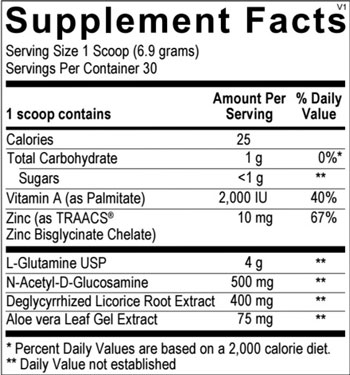
† This statement has not been evaluated by the Food and Drug Administration. This product is not intended to diagnose, treat, cure, or prevent any disease.

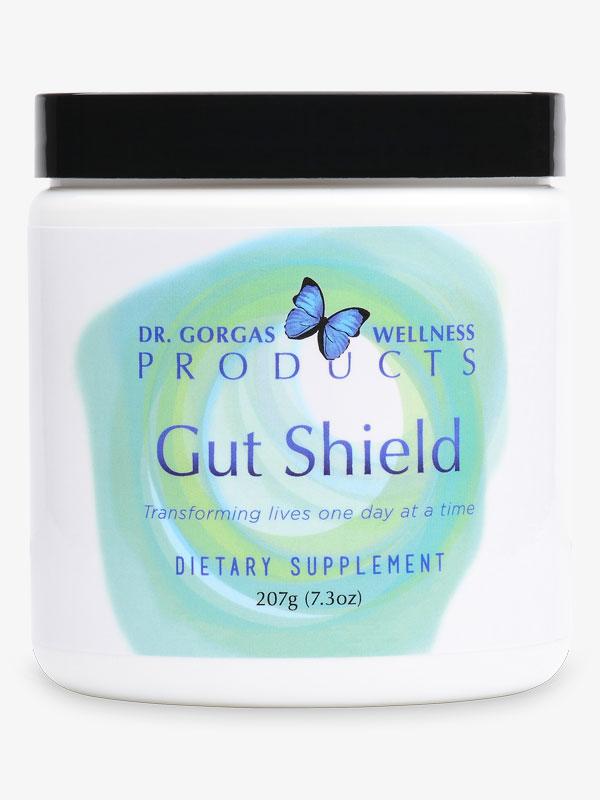
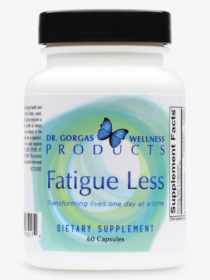
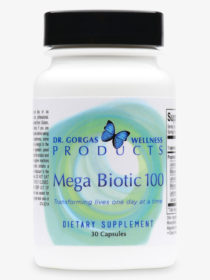
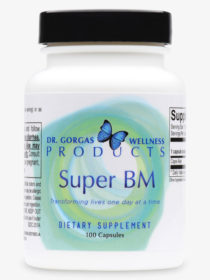
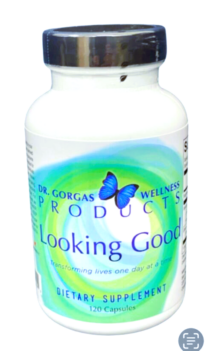
Reviews
There are no reviews yet.